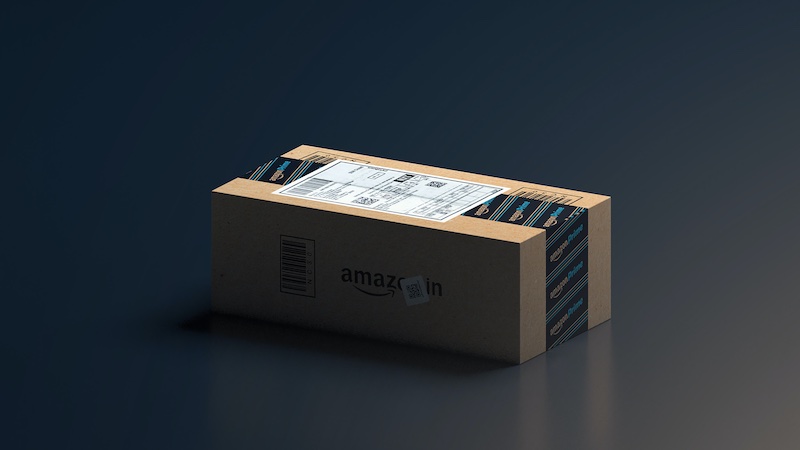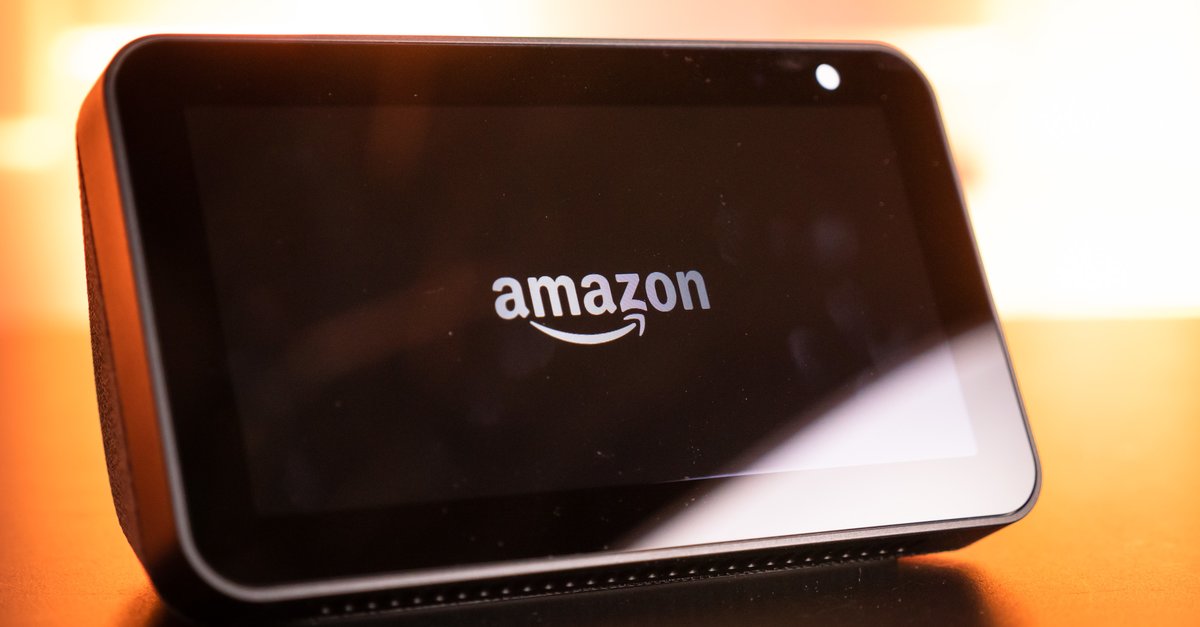Amazon is using more and more plastic and endangering the oceans
The environmental protection organization Oceana has determined that Amazon used around 322 million kilograms of plastic in 2021, around 18 percent compared to the previous year 2020. The type of plastic Amazon uses also poses a threat to ocean life.
The pollution of our environment by plastic has been increasing for years. The material can now be found almost everywhere, as it often decomposes into microplastics after use. Plastic also gets into the oceans in this way and has now even been detected in our blood.
In turn, it is up to us to sustainably reduce our plastic consumption and reduce demand. Amazon has a big influence on this. Because the online mail order company sends up to 7.7 billion packages worldwide every year. Many of these contain a large part of packaging material, which consists mainly of single-use plastic.
Amazon is said to need up to 322 million kilograms of plastic
The environmental protection organization Oceana determined using publicly available data the plastic imprint of the company. Amazon itself, on the other hand, does not directly publish how much plastic is produced in everyday operation.
Overall, Oceana came to 321.6 million kilograms in 2021. That would correspond to an increase of around 18 percent compared to 2020. If you were to inflate all of the company’s plastic air cushions and string them together, you would create a distance that would encompass the earth 800 times.
In addition to the mass, the problem is also the lack of ability to recycle. Because the single-use plastic can rarely really be reused and ends up in landfills around the world. Up to 11.79 million tons even in the ocean. The problem with this: The plastic used by Amazon poses a particularly great danger to sea creatures.
Amazon sees customers as responsible
Amazon, meanwhile, told Oceana that it only uses 97.07 million kilograms of single-use plastic. The environmental organization accuses the group of not taking into account the data from partner companies.
The online mail order company also sees its customers as more responsible and refused further data. studies Meanwhile, 55 percent of seabird species, 70 percent of marine mammals and 100 percent of all turtle species have swallowed or become entangled in plastic.
Amazon, in turn, has a certain share in this. However, it is piquant that the company does this with reference to another study tries to deny it, but also states that the type of plastic used by Amazon is the most common form of plastic waste in coastal marine areas.
Also interesting:



